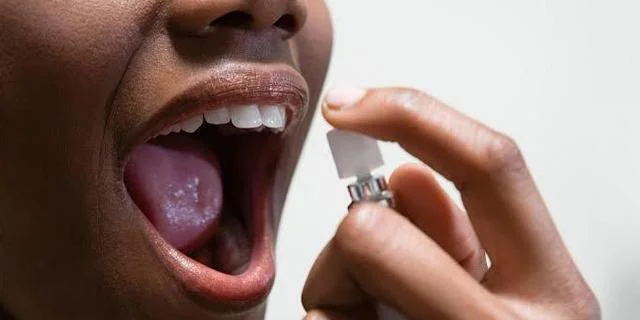What do you know about the prevalence of bad breath in the general population? Between 35 and 45 percent of the world’s population suffers from foul breath at some point during the day, according to research. Because of this, everyone should be aware of the reasons for bad breath and the best strategies to prevent them.
The following are a few ideas for combating bad breath:
The first step is to use natural mouthwashes and breath fresheners that are safe for your health. Mint leaves have been proved to help fight bad breath and freshen your mouth, according to studies.
Cloves, cardamom, and fennel seeds are great for treating bad breath since they have anti-microbial properties.
As a last resort, you can use baking soda to combat foul breath. It’s not always easy to get your hands on baking soda as a natural mouthwash. A cup of water and a teaspoon of baking soda is all that are needed to get rid of your bad breath. Instead of toothpaste, you can use baking soda to brush your teeth.
Tea made with fenugreek leaves is an excellent mouth freshener that fights bacteria. It’s a great way to start the day. To avoid bad breath, always do this.
Aim for a minimum daily water intake of two liters.
Keep your body well-hydrated, and you’ll notice a noticeable improvement in your breath. The salivary glands need water to function properly, as saliva deprives bacteria of the food and nutrients they need to flourish. To prevent bad breath and the growth of bacteria in the mouth, it is essential to drink a lot of water.
Avoid sugary juices, especially at night, as they can encourage the growth of germs in the intestines. Additionally, you should steer clear of foods that contribute to foul breath. Garlic and onions are the most commonly cited sources of foul breath. Although these items should be avoided, onions, which have been shown to fight four separate kinds of bacteria that cause tooth decay and gum disease, should not be completely cut out of your diet.
The growth of germs can be facilitated by diets high in fructose or acidic acid, which should be avoided. Try eating some apples or some yogurt if you’re feeling a bit peckish. In apples, you’ll find heteropolysaccharide pectin, which has been shown to aid saliva production, and functional cultures in yogurt, which work to reduce oral bacterial populations.








